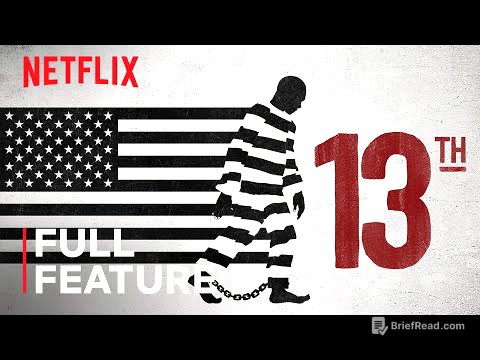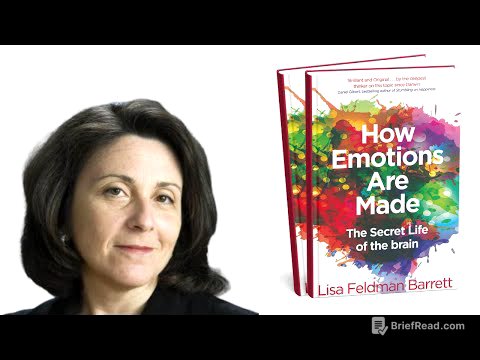TLDR;
This video discusses the significance, benefits, and unique scientific aspects of Eid al-Adha, also known as Bakra Eid or Slaughtering Eid. It highlights the health benefits of properly slaughtering animals, the economic advantages derived from by-products like fats and hides, and the social impact of providing meat to the poor. Additionally, it addresses the importance of sincerity in the act of sacrifice, advises on selecting appropriate animals, and provides guidelines for maintaining hygiene and preventing the spread of diseases during and after the sacrifice.
- Proper slaughtering removes blood, reducing bacterial growth in meat.
- By-products like fats and hides support industries such as soap and leather manufacturing.
- Distributing meat to the poor ensures they receive essential protein.
- Avoid buying overly fat animals to ensure more meat is available for distribution.
- Maintain hygiene during and after the sacrifice to prevent environmental pollution and disease.
Introduction to Eid al-Adha [0:00]
The speaker introduces the topic of Eid al-Adha, also known as Bakra Eid or Slaughtering Eid, emphasizing that the lecture will cover the benefits and unique scientific aspects of this religious observance. The speaker encourages the audience to listen attentively, understand the points, and try to implement them.
Scientific Benefits of Slaughtering [0:43]
The speaker explains that during the slaughtering process, blood is drained from the animal's body. Blood serves as a medium for bacteria to flourish. Removing the blood prevents bacterial growth and contamination of the meat, which can cause it to spoil quickly. This is a key scientific benefit of the slaughtering process.
Economic Benefits of By-Products [1:45]
The speaker discusses the economic benefits of Eid al-Adha, highlighting that slaughtering animals provides meat and valuable by-products such as fats and hides. Fats are used to make soaps and cosmetics, supporting industries. Hides are used to produce leather, which sustains the leather industry by providing raw materials throughout the year.
Social Impact of Providing Meat to the Poor [3:04]
The speaker emphasizes that not everyone can afford to eat meat regularly. Eid al-Adha provides an opportunity for the poor to consume meat, which is essential for protein intake. The Islamic tradition involves dividing the meat into three parts: one for the poor, one for relatives, and one for oneself. This ensures that those who cannot afford meat get a chance to consume it, promoting social welfare.
Importance of Sincerity and Avoiding Show-off [5:10]
The speaker advises against buying overly expensive and fat animals to show off or gain praise. The intention behind the sacrifice should be to please Allah, not to impress others. Showing off is considered a minor form of shirk (associating partners with Allah). It is better to buy a normal-sized animal to ensure that the focus remains on the act of sacrifice and helping others.
Selecting the Right Animal [9:27]
The speaker explains the types of animals suitable for sacrifice, including goats, sheep, cows, buffaloes, and camels. Smaller animals like goats and sheep are sacrificed on behalf of one person, while larger animals like cows and camels can be shared among seven people. The speaker also mentions that the Prophet Muhammad (peace be upon him) used to sacrifice animals on behalf of his entire community, encouraging Muslims to do the same.
Maintaining Hygiene and Preventing Disease [10:55]
The speaker provides guidelines for maintaining hygiene during and after the sacrifice. He advises people to tie their animals in a way that does not block public pathways and to clean up waste promptly to prevent bad odors and environmental pollution. The speaker also warns about ticks, particularly Hyalomma ticks, which can carry the Congo virus. He advises people to inspect their animals for ticks and take appropriate measures to remove them.
Performing the Sacrifice Correctly [17:18]
The speaker emphasizes the importance of reciting the proper prayers before slaughtering the animal. The person performing the sacrifice must say "Bismillah Allahu Akbar" (In the name of Allah, Allah is the greatest) each time they hold the knife. If anyone touching the knife does not recite this phrase, the sacrifice is not valid, and the meat becomes haram (forbidden).









